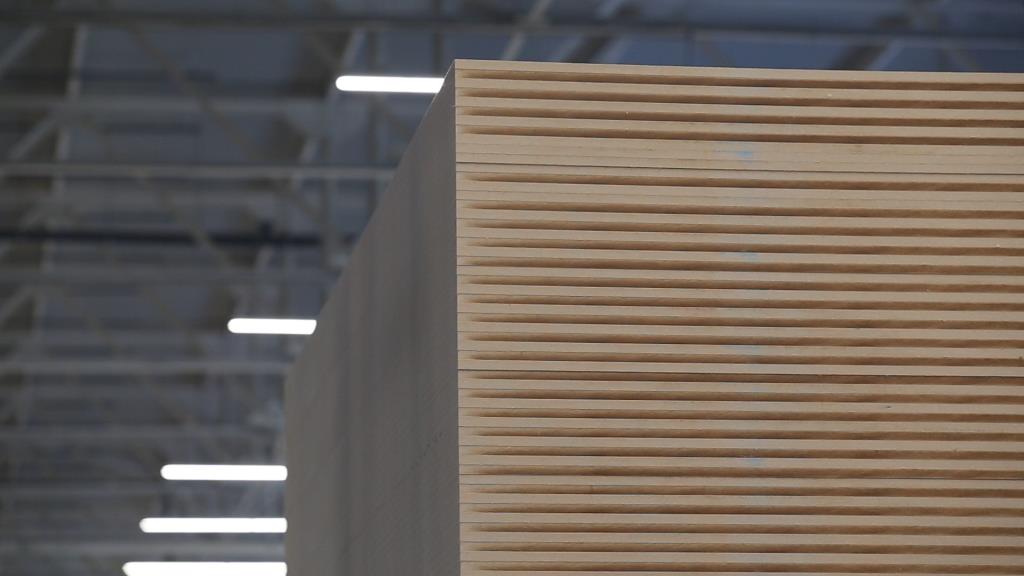Ivan Klyuchnikov, CEO of Altailes: “The maximum effect in business can only be achieved by the full utilization of available resources”
Ivan Klyuchnikov, CEO of Altailes, told the WhatWood Agency about the group’s priority projects and shared his vision of promising and profitable areas of the forest sector.
– How do you think the timber industry in Russia has changed over the past five years? What are the reasons for that?
– The growth of the timber industry has been observed annually over the past few years. The main reason for that is the devaluation of the Russian ruble. The ruble crash, on the one hand, has made Russian timber products more attractive in foreign markets and, on the other hand, has increased the profitability of enterprises in the industry. The companies that managed to invest in the industry before the devaluation of the Russian currency have benefited the most.
– Among the partners of Altailes are large companies from China, Kazakhstan, Uzbekistan, Tajikistan, Kirghizia, Afghanistan, Azerbaijan, Iran, etc. Tell us about the peculiarities of working in the Asian market.
– The Asian market is traditional for us. Our presence there is based on the geographical location of our production sites and, therefore, convenient logistics. One of the advantages of the Asian market is the constant demand for wood products. But we must take into account the high volatility of this market, which makes it difficult to plan sales. I suppose this is its main disadvantage.
– Which country has the most profitable market for your company? Why?
– I can’t say there is only one profitable market. Profitability in different areas always changes. We strive to develop not only the Asian but also the European market – there is also a demand for our products. For example, biofuels are products needed in Bulgaria, Denmark, Italy, and at the same time in Korea and Japan.
– Where is it easier and faster to build long-term relationships with partners? Why?
– It is easier to build relationships in the Asian market. This is due to logistics: our production sites are located just 200 km from the border with Asia. In Asia, for example, the culture of using wood products is much higher than in our country. At the same time, we’re interested in increasing supplies of our products to the domestic market as well, but operating in Russia is much more difficult. Nevertheless, we want the inhabitants of Russia, with its large stocks of wood, to prefer environmentally friendly materials, so we constantly invest in the modernization of existing production facilities, build new plants with modern high-tech equipment, and monitor the wood quality at each processing stage.
– Which area of added-value wood processing will become of the highest priority for your company in 2019?
– This year we are wrapped up in the launch of Pavlovsky DOK and the production of MDF and HDF. This is a qualitatively new stage of work for the company, confirmation of our interest in sustainable and inexhaustible forest management. Low-grade wood processing facilities in Russia are a necessity. There is no other way if we want to use wood in an integrated manner. But other areas do not lose their relevance as well. For example, our new product – biofuels – has shown high efficiency. We launched a wood pellet plant and a second wood briquette shop in 2018. In terms of sales, biofuels are a significant area for us. The output of wood pellets and briquettes is already measured in tens of thousands of tons per year. Another promising field is housing construction. The trend for green housing has determined the growth in sales and, therefore, an increase in the production of glued laminated timber.

Ekaterina Matyushenkova
Read the full version of the interview in Russian Timber Journal 05-2019
 Timber industry research & analytics
Timber industry research & analytics 